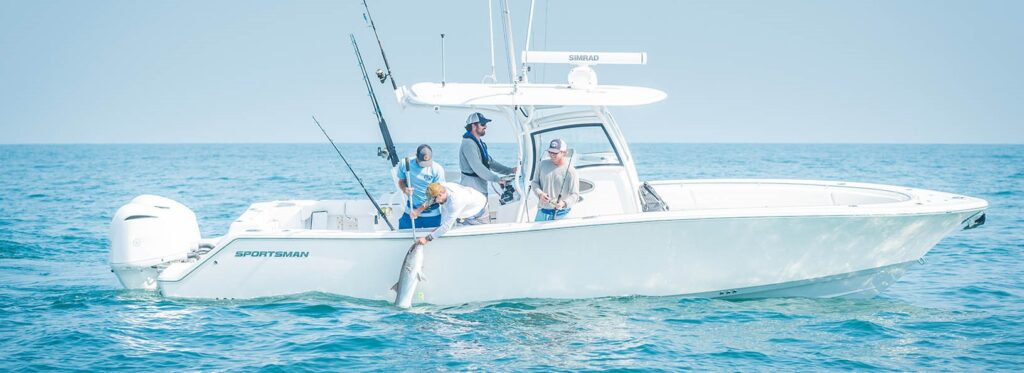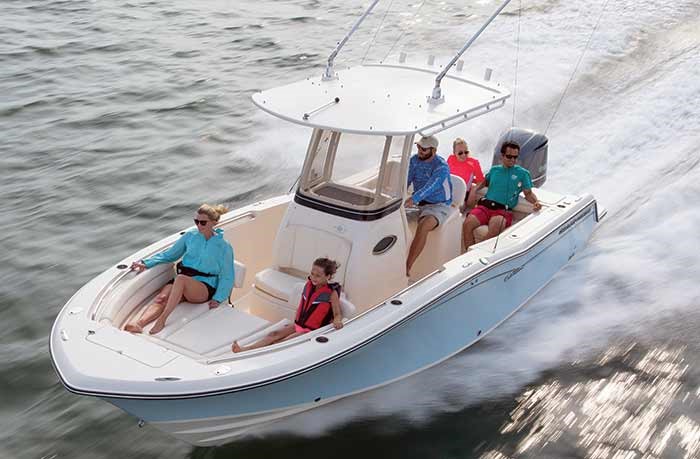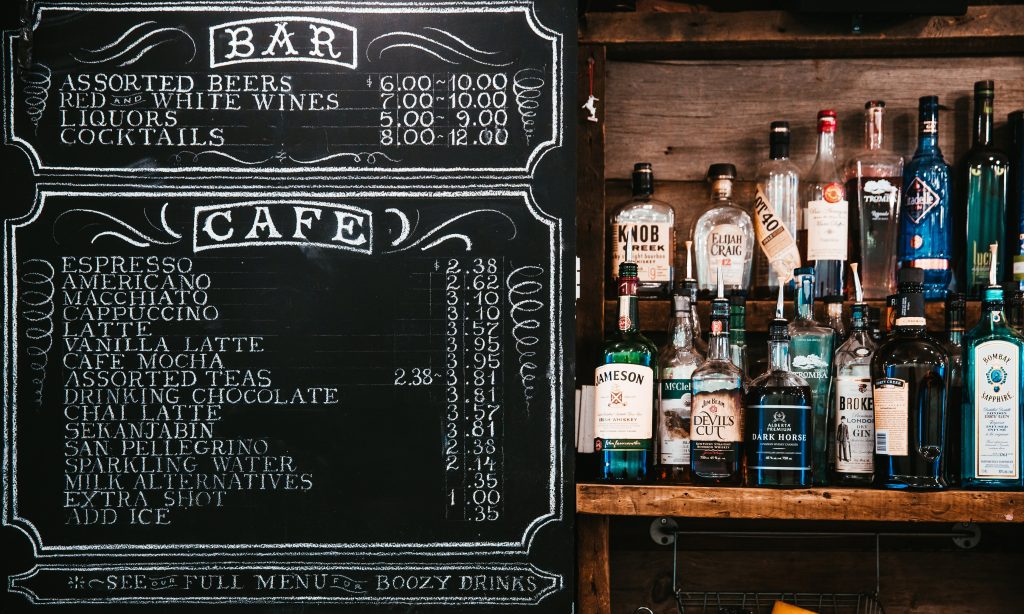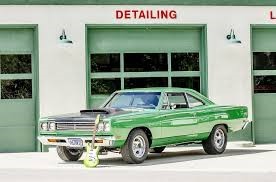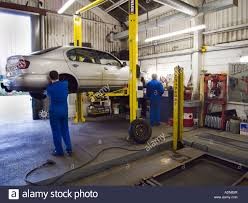The only time that you absolutely need collision insurance and comprehensive insurance in Savannah, GA is when your lender requires it. In other cases, it can be a good idea. In some cases, it’s not worth the expense.
At TruePoint Insurance, we will be able to help you determine if you need it or not. There are some things to consider when you are renewing or updating your Georgia auto insurance policy.
The Car Value
If you have an older car or one that is only worth a few thousand dollars, you may not need collision or comprehensive insurance. The damage to your vehicle may be worth more than the insurance coverage.
You will have a car replaced with the value of your vehicle. If it doesn’t have a high value, and your lender doesn’t require it, these coverages may not be worth it.
Deductible Amount
This ties into the value of your car. If you have a high deductible so that you can save on premiums, then collision insurance or comprehensive insurance won’t be worth it.
If your deductible amount is the same as the amount on your replacement value, for example, neither collision nor comprehensive insurance is worth the added costs to your premiums.
You can apply for that extra money every month to other coverages for your auto insurance, or just get the minimum liability coverages you need for auto insurance.
When You Need Collision and Comprehensive Insurance
If you have a newer car or a car worth a high value, you will think more seriously about collision insurance and comprehensive insurance. If you want to replace your car to the same value that you have now, these are coverages worth getting.
Talk to a Broker
When you are looking at renewing or updating your auto insurance policy in Savannah, GA, it is always best to talk to a broker or insurance agent and find out how to get the best policy for your situation. Call TruePoint Insurance for a quote today.

 Contact
Contact
 Email an Agent
Email an Agent

 Click to Call
Click to Call Get Directions
Get Directions
